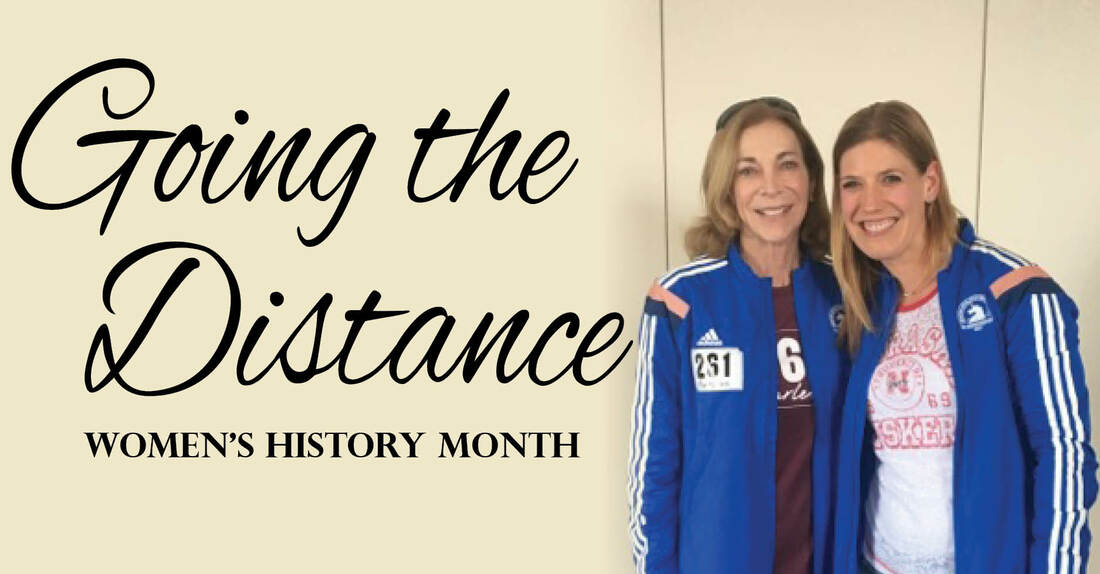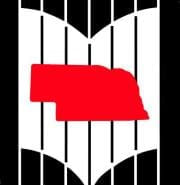|
March is Women's History Month. All month, KCN will celebrate strong and influential women from Knox County communities.
In 1967, Kathrine Switzer signed up for the Boston Marathon under a male alias. She started the race and was chased down by an official, who tried to strip her of her official entrant number. Fellow runner and boyfriend, Thomas Miller, helped Switzer fend off the official. She went on to finish the race and became the first woman to ever do so. In 1972, the marathon was open to female runners. Switzer made it possible for women like Jackie Freeman of Bloomfield to compete. Freeman has been to the Boston Marathon the last two consecutive years. Switzer has been a role model to Freeman ever since she first started running long distance. “She broke the mold when it came to women’s running,” Freeman said. “She didn’t take no for an answer when it came to doing what she loved.” Because of Switzer, and women like her, females are taking over the sport of running. According to Freeman, this is due to the women who wouldn’t back down and bow to rules that prohibited women to run. Freeman, herself is a great inspiration to young athletes, especially young girls, in Bloomfield. She is the assistant cross country and track coach and helps with the elementary girls who participate in the youth program Girls on the Run. Last year, she visited classrooms at elementary schools and spoke about her experience with running the Boston Marathon. “I asked the kids before I left if any of them thought that it might be something they wanted to do someday. I was surprised at the number of hands that went up,” Freeman said. Even after hearing about the amount of work that goes into training for a marathon and seeing pictures of the horrid, rainy conditions that Freeman ran in last year, some of these kids were still inspired. Some even said they would possibly make running in the Boston Marathon one of their dreams someday. “The Boston Marathon is something that is pretty big in the minds of kids, they read about it at school and they can see it on the news,” said Freeman. Running wasn’t a huge dream of Freeman’s as a young girl. “I couldn't even have told you what a marathon distance was if I was asked as an elementary student,” she said. Educating the youth on running is just a small part of the larger picture to Freeman. The overall goal is to get children to shoot for their dreams. “I tell them it starts with just one step and you keep building from there. Runners don't become marathon runners overnight,” she said. She tells them that runners gradually increase their distance and put a lot of time and effort into training for a successful marathon day. “I hope that each one of my athletes has a deeper self-belief and knowing that big things aren't just meant for others, they are capable of anything they set their minds to and commit to,” Freeman said. The youth that participates in Girls on the Run get two months of training and finish by running a 5k. Freeman believes the girls prove to themselves that they can set a goal and reach it, implementing good practice not only with running but in life in general. “I think this gives them greater determination and confidence in themselves in other difficult things in their lives, teaching them perseverance” she said. Switzer also has started a running program in recent years called 261 Fearless, which is similar to the Girls on the Run program. Switzer’s 261 Fearless brings adult women together in their communities to run together and work towards goal setting together. “Programs like this are great tools for helping women and girls build each other up. So much of training with running is about mindset. Being positive, believing you can do it, and being consistent in showing up and doing the work while cheering each other on and celebrating one another,” Freeman said. Role models like Freeman and Switzer are truly making the difference for young women. According to the official website, women made up 45 percent of the runners in the 2018 Boston Marathon and made up 55 percent of the runners between the ages of 18 and 39. Freeman believes the number of women participating will continue to go up. “I think girls are becoming stronger both mentally and physically. With more self-confidence instilled in them at early ages, they are raised with the belief that if they believe in what they are going after, they don't have to stop at the word ‘no’ when they know it's something meant for them,” Freeman said. Have an influential lady in mind for next weeks Women's History Month article? Let us know by emailing [email protected] or via Facebook. |





 RSS Feed
RSS Feed


